The Democratic Republic of Congo has officially banned the People’s Party for Reconstruction and Democracy (PPRD), accusing former President Joseph Kabila’s party of maintaining an “ambiguous attitude” toward the Rwandan‑backed M23 rebel group, which captured large areas of North Kivu province earlier this year.
An Interior Ministry statement announced the suspension of all PPRD activities after reports emerged that Kabila, who denied any connection to M23, returned from two years in South Africa and was staying in Goma—territory controlled by the very rebels his party allegedly supported. In a sweeping move on Friday, the government also charged Kabila with high treason and ordered the seizure of his assets.
Kabila led DR Congo from 2001 until 2019 and twice extended his presidency amid disputed polls and mass protests. After handing power to Félix Tshisekedi following the 2018 election, he left the country and pursued doctoral studies in South Africa. In January 2024, he announced plans to return “to help resolve” the deepening security and institutional crisis.
The ban comes as Kinshasa intensifies efforts to isolate M23, which analysts say has received support from Rwanda—a claim Kigali denies. Last month, a Malawian court backed DR Congo’s extradition request for Kabila, though he and his wife have appealed. Kabila’s spokesperson has since promised a national address “in the coming hours or days.”
Political economist Ben Radley notes that M23’s political leadership includes figures appointed under Kabila and that Kabila’s historic ties to eastern Congo echo those of his father, Laurent Kabila, who crossed in from neighbouring countries in the 1990s before seizing power. As DR Congo grapples with rebel advances and internal divisions, the PPRD ban marks a dramatic escalation in the government’s campaign to reclaim territory and authority.


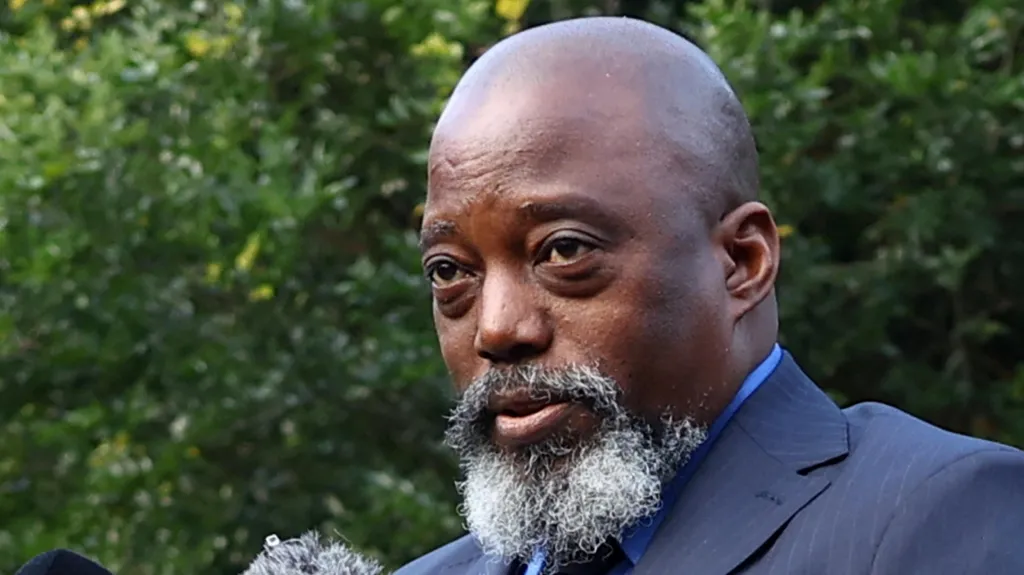
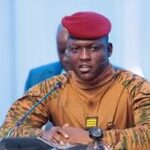
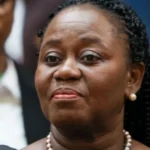
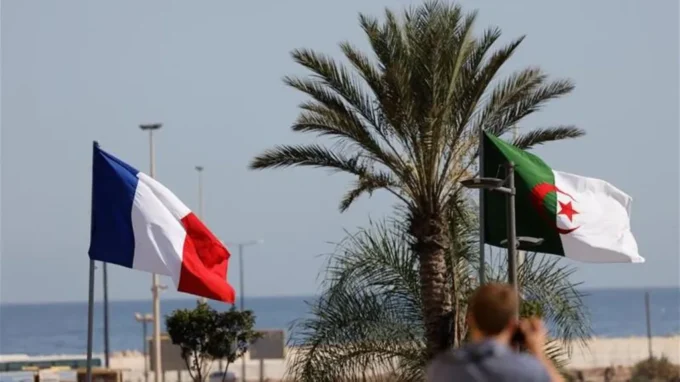

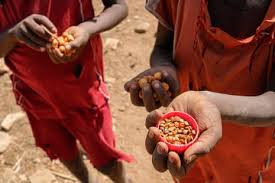

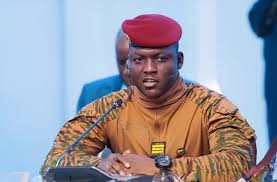




Leave a comment